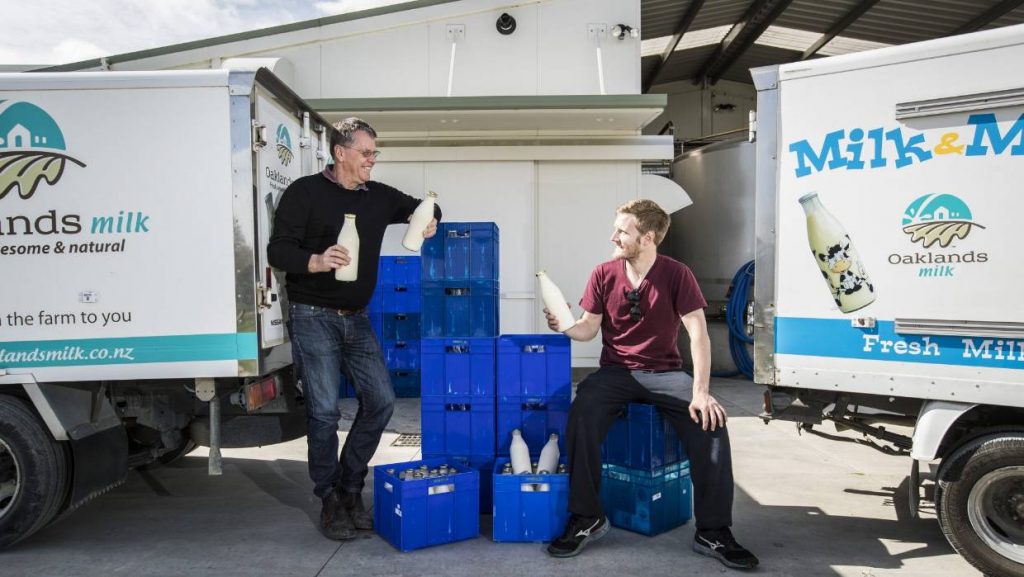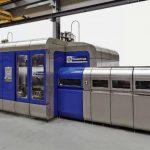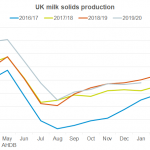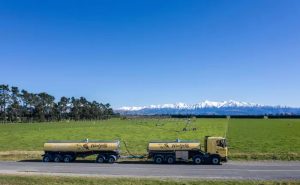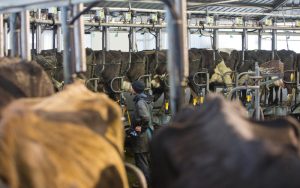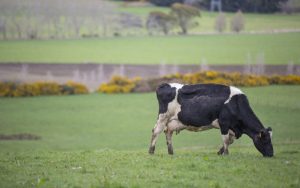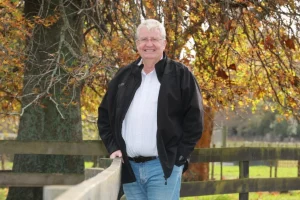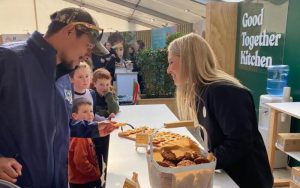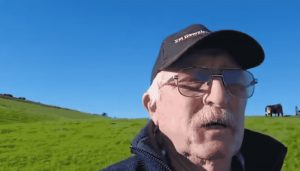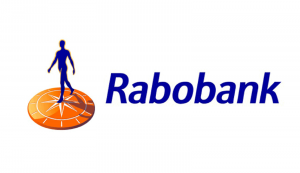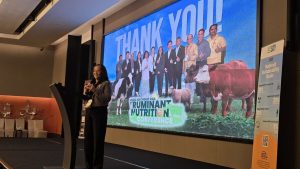
They were sheep and dairy farmers, beef farmers and foresters, he said, pointing out the borders of the long-held family farm on the hillside behind him.
Oaklands farm in the Nelson suburb of Stoke didn’t have trees on it when his great, great, great grandfather first rocked up from Shropshire in England, 175 years ago, Raine said.
There were now over 100 hectares planted on the 500 hectare site.
It is easy to imagine that Raine’s ancestors would have been proud of him too.
He followed in his grandfather’s footsteps, becoming chair of the Nelson Milk Treatment Station, until it was sold as one of the legs of the newly-formed Fonterra in the 1990s.
As a fruit grower, he collected titles including president of Horticulture New Zealand, director of the New Zealand Boysenberry Council, and director of New Zealand Hops Ltd.
Now running Oaklands, he oversees production of milk and beef from a herd of around 500 cows.
But Raine said not all industry decisions he made were the right ones.
“I think I made a mistake when we introduced plastic to Nelson Milk in the 1990s. I suppose I’m righting one of those wrongs.”
Oaklands switched back to supplying milk in glass bottles in 2013, a move that “saved over two million plastic bottles going to landfill every year” in the Nelson region.
There were plenty more changes needed for the sake of future generations, he said.
“I look at my grandkids and say what sort of a world am I leaving them, and will I be viewed as a good ancestor?
“Did I do everything I possibly could to leave the place in a better shape? At the moment I think I could do more.”
Raine first became aware of climate change while deputy chair of Manaaki Whenua (Landcare Research), at the end of the 1990s.
Trials by scientists at the Crown Research Institute, on carbon sequestration, inspired him to reduce animal numbers and plant more trees.
“For a herd of 300 cows we have to plant 26 hectares every 20 years to offset the methane from those cows.”
Alongside planting of pinus radiata, Oaklands had cut its herd by about 100 cows, he said.
The business was now looking at solar to provide additional energy.
“If you want longevity, you’re going to have to make some sacrifices to make things happen, or not happen as the case may be.”
To this end, Raine recently added interim co-chair of the Nelson Tasman Climate Forum to his list of commitments.
The community-led forum, launched in February on the back of funding from Nelson City Council, was due to help shape the region’s strategy for urgent action on climate change.
People who didn’t accept climate science, were “looking for an excuse to opt out and carry on with what they’re doing”, Raine said.
Action didn’t have to mean “switching ourselves off from the national grid” but altering short term things like what we chose to buy, to longer term measures like how we designed houses.
Reducing the impact of climate change meant getting the fundamentals right, similar to the Māori concept of Tai Ao, he suggested.
The first action from the forum should be for organisations and businesses to understand what their footprint was.
Raine urged people to attend the forum’s first meeting since its official launch, at the Headingly Centre, Lower Queen St, Richmond, from 1pm this Saturday March 14.
